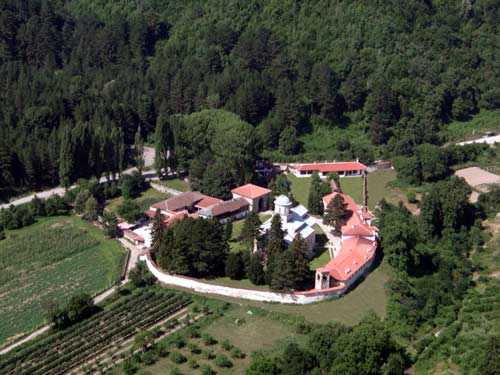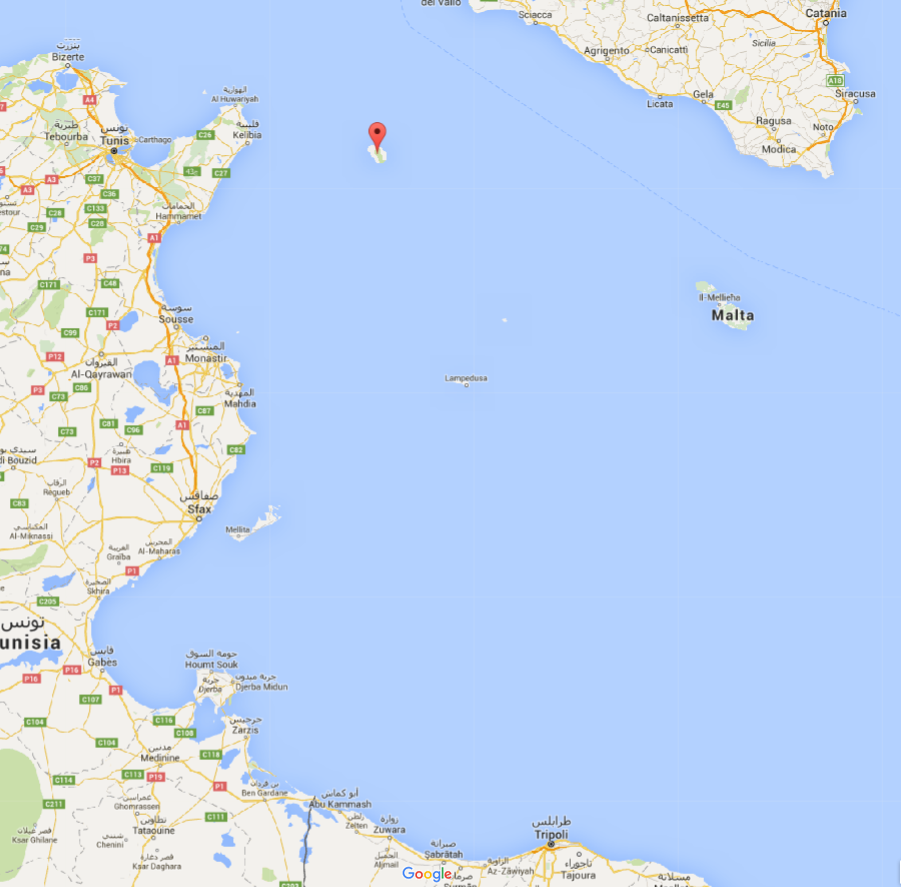The property rights of the Serbian monastery of Decani in Kosovo. Sensitive…

(BRUXELLES2) This is a very sensitive trial which has just ended before the Kosovo special chamber. A mixed panel, chaired by a European magistrate, from the EULEX (Rule of Law) mission, has just pronounced on Thursday (December 27) on the property rights of approximately 23 hectares located in the special area of the Visoki Dečani monastery. , near Pecs (eastern Kosovo). He thus dismissed as "unfounded"the complaints of two collective societies (or SOE for Socially Owned Enterprises) on lands administered by the monastery.
A dispute closely touching the soul and substance of the Serbo-Kosovar conflict
The SOE Apiko - on which is established a honey factory - and the Iliria hotel disputed the use of the land given to the monastery by a document dating back to the last years before independence.
A little background is needed to fully understand the situation. We are in 1997. Kosovo is then still under the close control of Serbia (its status as an autonomous province having been abolished in 1989). But the UCK - the Kosovo Liberation Army - is waging a veritable war of independence against the Serbian authorities (it will notably benefit from arms deliveries from the arsenals looted in Albania). The government (of Belgrade) decides to grant, in two separate deeds of donation, two lands, of approximately 12 hectares each, to the Serbian Orthodox monastery of Visoki Dečani.
Unmik as a protective force
In December 2000, the two companies began proceedings against the monastery, the municipality of Decan and the Republic of Serbia, considering this hold illegal. A document - presented by then UN Special Representative Bernard Kouchner - confirms that the Decan monastery has the right to use and cultivate the land nearby and prohibits the economic activities of the honey factory and the hotel, according to Kosovo sources (Kosovolive). This will give rise to very political debates on: the mix of populations; the notion of priority in property rights; the ability of Kosovar Albanians to administer their land like that of minorities to be able to stay there; all against a very sensitive background of the Orthodox religious presence - a fundamental question for the Serbs because they believe that the cradle of their religion is located precisely... in Kosovo.
A trial as much in substance as in form
The debate during these 12 years of procedure therefore focused as much on the substance - the ownership and use of the land - as on the way of settling the dispute and the procedure, the Orthodox monks refusing the competence of the Kosovar authorities. Thus the Legal Affairs Office of Unmik - acting on behalf of the Kosovo Property Agency - was recognized by the "Ownership Panel" (property conciliation tribunal) as the legal representative of the two collective societies.
A judgment of Solomon
The panel acknowledged that an agreement had been reached between UNMIK and the monastery providing for the relinquishment of the rights of the two companies Apiko and Iliria to the cadastral plots inside the special area of the Dečani Monastery. While the monastery renounced any claim on the cadastral plots outside the special zone, this in favor of the Iliria company. The legality of this agreement was confirmed and the complaints of the public companies dismissed as unfounded.
(Nicolas Gros-Verheyde)


